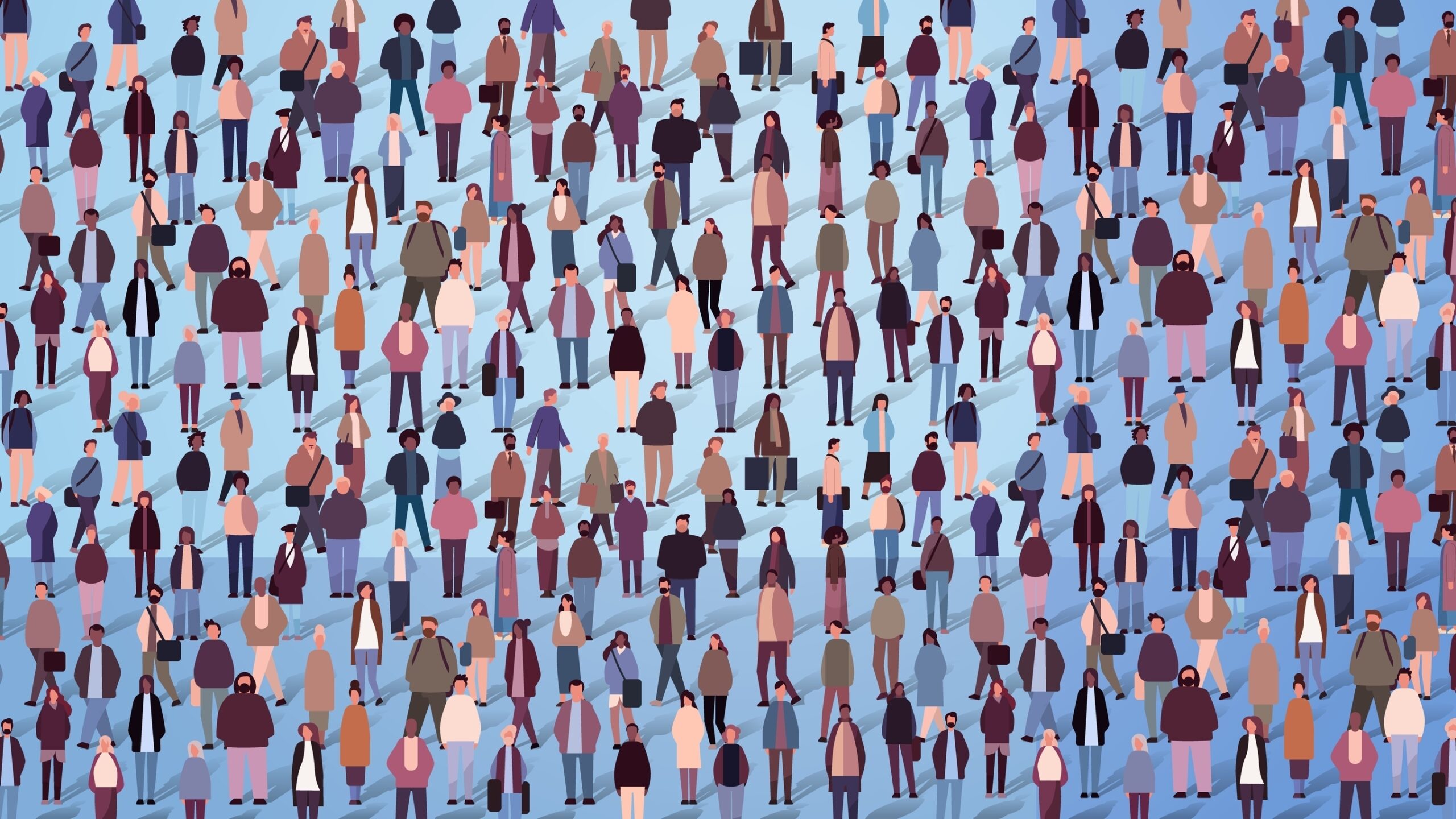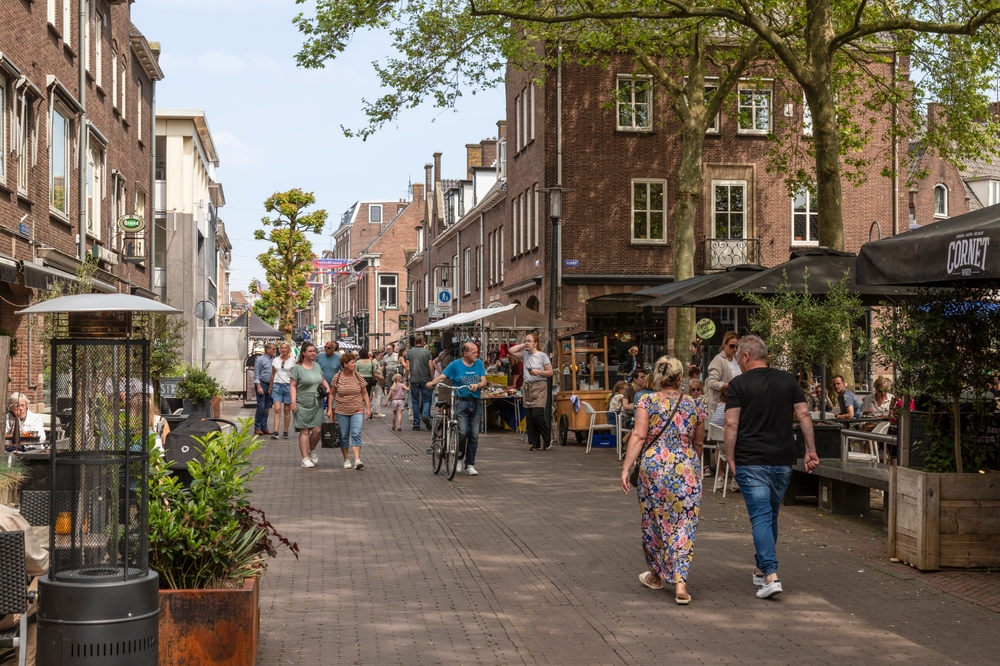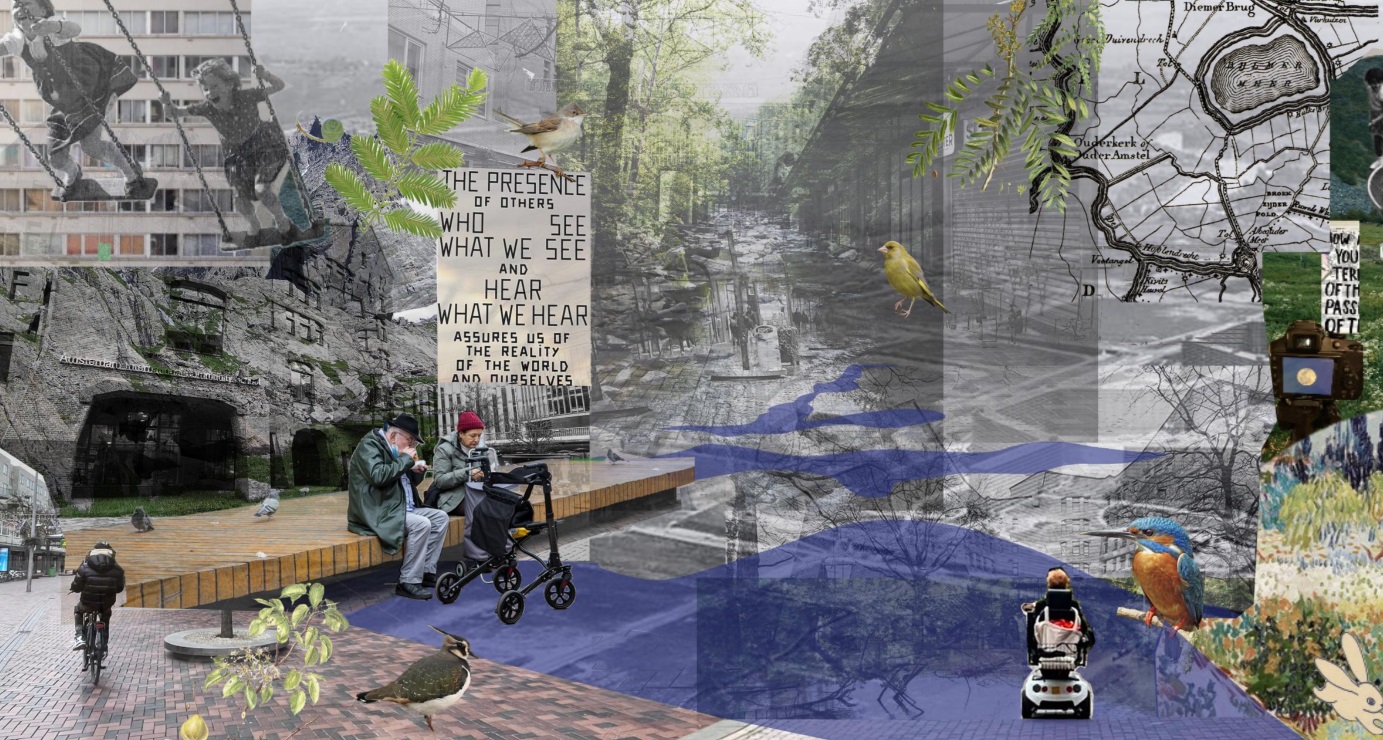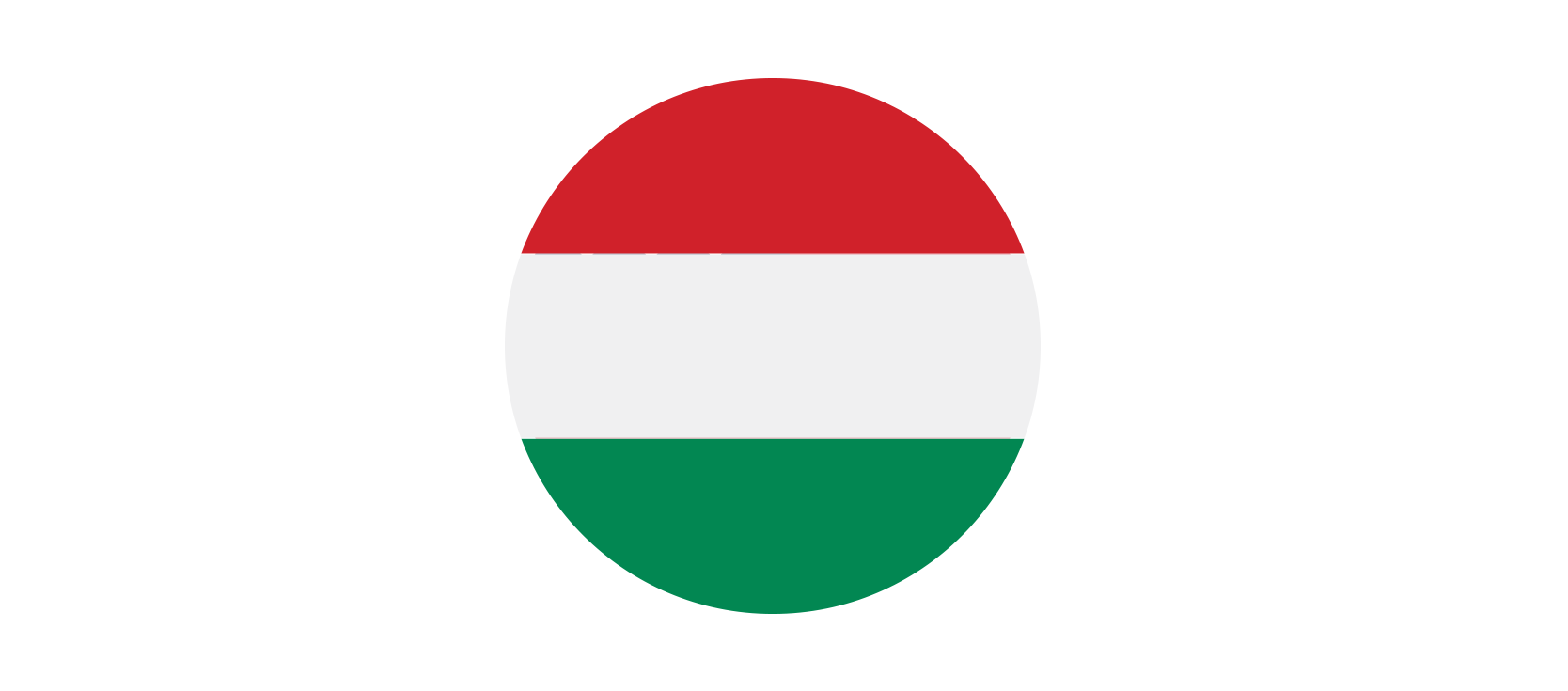Every June is Pride Month: a month in which extra attention is paid to the acceptance and visibility of the LGBTIQ+ community. In this context, WUR organises a Human Library, where instead of books, you can borrow a person to talk to.
Heather ten Ham, Diversity & Inclusion officer at the Student Service Centre, explains. “The idea is simple,” she says. ‘Instead of talking about people, you can talk to people yourself about topics related to gender, sexual orientation and how someone identifies. You get the chance to ask questions that you might not normally ask.’
There is a catalogue of eight “books”, Ten Ham continues. ‘All of them are people with a story that you can borrow for an open conversation. When you visit, you will see an overview with the names, topics and a short introduction, so you know what you can discuss with someone. You could compare it to the back cover of a book. Then you choose a book you want to borrow for a one-on-one conversation.
All participants have a pride-related story, says Ten Ham. ‘It’s a diverse group: from intersex, pansexual and trans to aromantic and asexual. There is also a lot of variation in terms of age, from a first-year student to a man in his late fifties.
Diverse catalogue
WUR student Manouk is one of the participating library books and explains why she is taking part. ‘I grew up in a Christian environment. When I was a teenager, I discovered that I am attracted to multiple genders. Many people think that being queer and Christianity are incompatible. In Christian communities, it can be really difficult to come out as queer because some Christians are very judgemental about it. At the same time, it is difficult to say that you are Christian in queer communities, because there is often the idea that all Christians are anti-LGBTIQ+. That is why it is extra important to talk about it with both communities. Fortunately, in recent years I have gotten to know more people who belong to both communities and struggle with this. That is why I am participating in the Human Library, to show that we are here too.”
Koen is a volunteer at the LGBTIQ+ association SHOUT. He has known that he is intersex since he was 23. Intersex means that you are not born 100 per cent male or female, but somewhere in between, Koen explains. ‘One in ninety children is born intersex. That amounts to 190,000 people in the Netherlands. Only sixty of them dare to talk about it in public because many people are still taught that intersex is abnormal, as if you are a freak. There are even still “normalising” operations performed on children to make them male or female. The UN considers this a human rights violation. Intersex is a natural phenomenon. That’s why I speak out actively.’ According to Koen, many intersex people struggle with society’s judgements. ‘By sharing my story and the stories of others, I hope to make it a little easier for those who come after me to be who they are. In a world where they don’t have to conform to the standard image of male or female.’
The Human Library can be visited on Monday 16 June in the Speakers’ Corner in Impulse from 12:30 p.m. to 2:00 p.m. No advance registration is required.
Translated with DeepL.com

 Illustration Shutterstock
Illustration Shutterstock 

